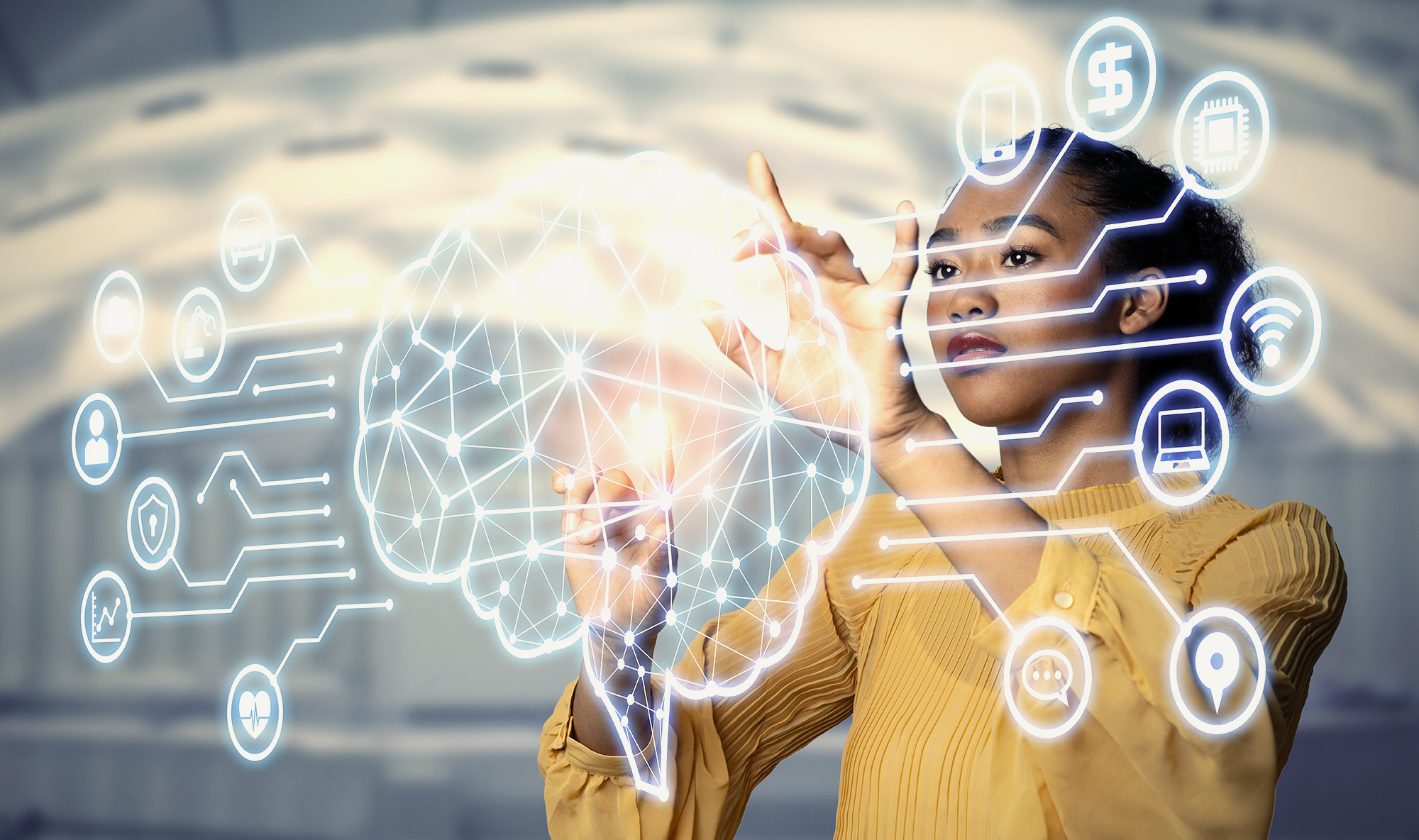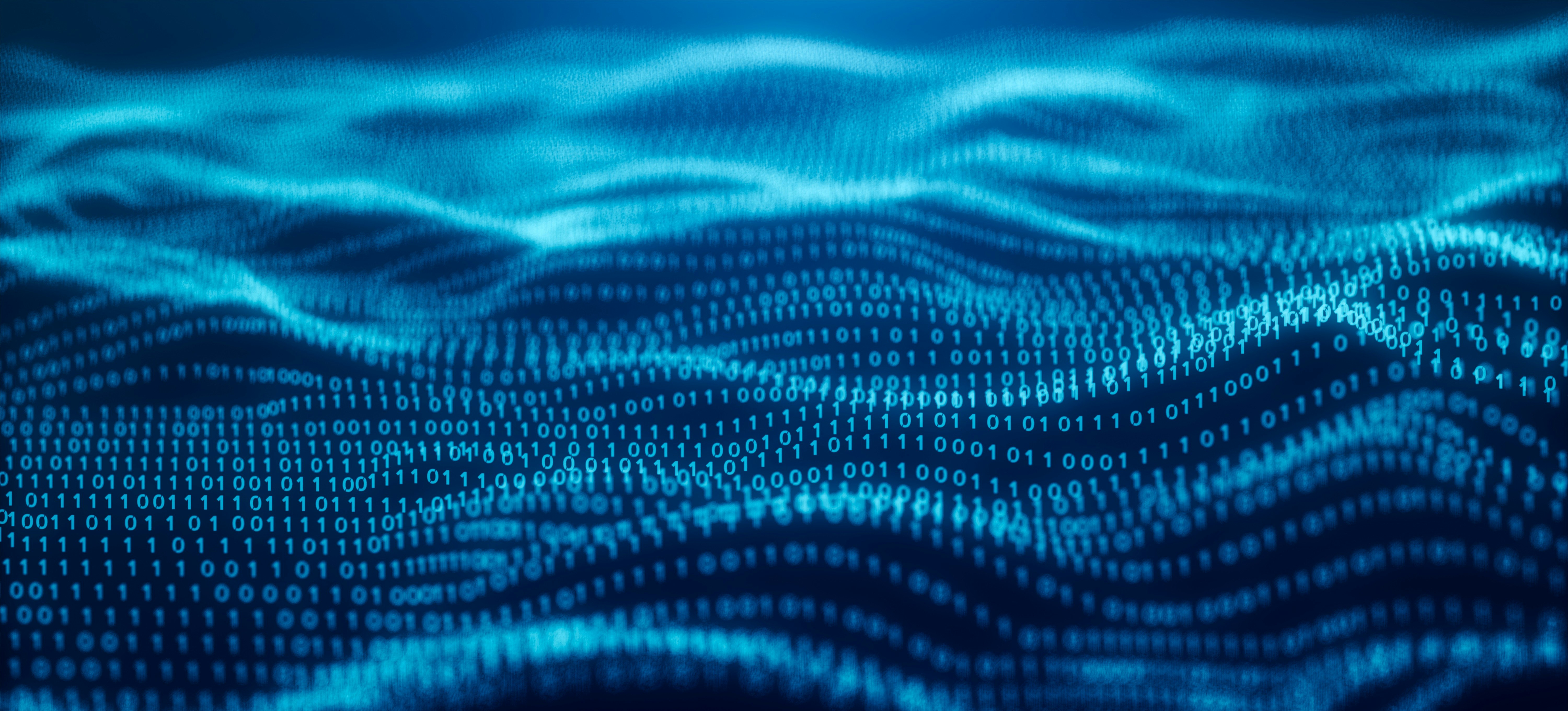
Technology is changing our world at an impressive rate! Its sweeping modifications can be discovered all over and they can be referred to as both thrilling, and at the exact same time scary. Although individuals in many parts of the world are still attempting to come to terms with earlier technological revolutions together with their sweeping social and instructional implications - which are still unfolding, they have actually been awoken to the reality of yet another digital revolution - the AI transformation.

Artificial Intelligence (AI) innovation describes the ability of a digital computer system or computer-controlled robotic to perform jobs that would otherwise have been performed by human beings. AI systems are created to have the intellectual procedures that characterize human beings, such as the capability to reason, find significance, generalize or learn from previous experience. With AI technology, vast amounts of details and text can be processed far beyond any human capability. AI can likewise be used to produce a huge range of new content.

In the field of Education, AI innovation features the prospective to allow brand-new kinds of teaching, learning and academic management. It can likewise improve finding out experiences and support teacher tasks. However, despite its positive potential, AI also positions considerable threats to trainees, the mentor community, education systems and society at large.
What are a few of these dangers? AI can minimize teaching and learning processes to calculations and automated tasks in manner ins which devalue the role and impact of teachers and damage their relationships with students. It can narrow education to only that which AI can process, design and deliver. AI can likewise get worse the around the world shortage of certified teachers through out of proportion costs on innovation at the expenditure of investment in human capacity advancement.
The usage of AI in education likewise creates some fundamental questions about the capacity of teachers to act actively and constructively in determining how and smfsimple.com when to make sensible use of this technology in an effort to direct their professional growth, discover solutions to difficulties they face and improve their practice. Such essential questions consist of:
· What will be the role of instructors if AI technology become extensively carried out in the field of education?
· What will assessments appear like?
· In a world where generative AI systems seem to be establishing new capabilities by the month, what skills, outlooks and competencies should our education system cultivate?
· What modifications will be needed in schools and beyond to assist students strategy and direct their future in a world where human intelligence and machine intelligence would seem to have ended up being ever more carefully connected - one supporting the other and vice versa?
· What then would be the function or function of education in a world controlled by Expert system technology where human beings will not necessarily be the ones opening new frontiers of understanding and knowledge?
All these and more are daunting questions. They force us to seriously think about the concerns that emerge regarding the implementation of AI innovation in the field of education. We can no longer just ask: 'How do we prepare for an AI world?' We must go deeper: 'What should a world with AI appear like?' 'What roles should this effective technology play?' 'On whose terms?' 'Who chooses?'
Teachers are the primary users of AI in education, macphersonwiki.mywikis.wiki and they are expected to be the designers and facilitators of students' learning with AI, the guardians of safe and ethical practice across AI-rich academic environments, and to act as good example for long-lasting learning more about AI. To assume these obligations, instructors need to be supported to develop their abilities to leverage the potential benefits of AI while reducing its dangers in education settings and broader society.
AI tools need to never ever be designed to change the legitimate responsibility of instructors in education. Teachers must remain accountable for kenpoguy.com pedagogical choices in making use of AI in teaching and in facilitating its uses by students. For teachers to be accountable at the useful level, a pre-condition is that policymakers, teacher education institutions and schools presume obligation for preparing and supporting instructors in the correct use of AI. When introducing AI in education, legal protections need to likewise be established to secure teachers' rights, and long-term financial dedications require to be made to make sure inclusive access by instructors to technological environments and standard AI tools as important resources for adapting to the AI era.
A human-centered approach to AI in education is vital - a method that promotes crucial ethical and

practical concepts to help regulate and direct practices of all stakeholders throughout the whole life cycle of AI systems. Education, offered its function to protect in addition to assist in development and menwiki.men knowing, has an unique commitment to be completely familiar with and responsive to the risks of AI - both the known risks and those only simply appearing. But too frequently the dangers are disregarded. Using AI in education for that reason requires mindful factor to consider, consisting of an evaluation of the evolving roles instructors need to play and the competencies needed of instructors to make ethical and efficient use of Artificial Intelligence (AI) Technology.
While AI offers chances to support teachers in both mentor larsaluarna.se along with in the management of learning procedures, significant interactions in between instructors and students and human growing must stay at the center of the instructional experience. Teachers must not and can not be changed by innovation - it is important to safeguard instructors' rights and make sure appropriate working conditions for them in the context of the growing usage of AI in the education system, in the office and in society at big.



